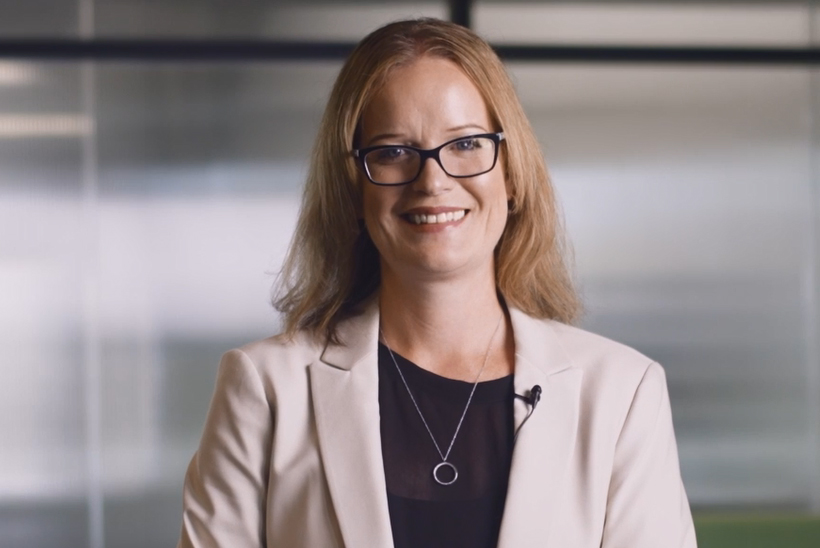June 20, 2023
After two years of record deal activity, start-up investment in New Zealand is resetting to pre-pandemic levels following a drop in deal volume and capital.
During the second half of 2022, 76 deals were funded by early stage investors with over $112 million of capital, matched by an additional $117 million provided by venture capital.
According to Young Company Finance data, this represented a total transaction value of just under $230 million during the six-month period.
Of the deal types completed, 30% were new transactions while 70% represented follow-on agreements. Approximately 57% of deals had round sizes – the amount of capital being raised in a current funding round – of above $1 million, with 13% above $5 million and 9% above $10 million.
Across the full calendar year, 2022 experienced an 18% and 28% drop in deal volume and capital amount respectively compared to 2021 – which was considered an “exceptional year with abundant capital offshore and onshore”.
As explained by Joelle Grace – Legal Partner at PwC in New Zealand – despite the market experiencing a cooling compared to 2021, the long-term trend remains positive for start-up founders.
In comparison to 2020 at the start of COVID-19, there was a 31% increase in deal volume and an 18% increase in capital amount which offers a five-year compound annual growth rate (CAGR) between 2018 to 2022 of 12.4%.
“While unsettling, a slowing economy can actually be a good thing for some companies, as it forces businesses to focus on what is important,” Grace said. “This means these start-ups will be built on strong foundations, with a focus on creating long-term value and will thrive in the long run.”

In a message of encouragement to start-up founders, Grace emphasised the importance of the market remembering that “we have been here before”.
“During the 2008 Global Financial Crisis [GFC], the funding environment for start-ups was challenging and impacted many early stage companies,” Grace added. “While this current period is nowhere as extreme, what emerged from the GFC was a new breed of entrepreneur and some incredible companies – such as Xero, Rocket Lab and Lanzatech.”
Echoing Grace’s observations, Jacques Richter – Associate Investment Director at New Zealand Growth Capital Partners (NZGCP) – noted that challenging market conditions will likely continue to apply pressure to the early-stage ecosystem in the short to medium term.
While this will create additional complexities for young companies seeking to grow and raise funding, the silver lining is the opportunities that may arise for the sector in times of uncertainty.
“Investors should support founders who have bold ideas that can transform industries globally,” Richter advised.
“This is one of the key lessons from the GFC and dot.com bust and we need to keep backing early-stage ventures to build our pipeline. Now is the time for investors to roll up their sleeves and help ambitious founders build a thriving ecosystem for the long-term.”
Despite such a challenging economic environment, Richter observed that “great founders” don’t build for short to medium-term gains but rather to solve “massive fundamental societal problems”. Such commitment to creating long-term and lasting value – “irrespective of transient economic conditions” – should help Kiwi entrepreneurs hold their nerve.
“The markets and economic conditions will eventually improve and we need to support innovators in getting to the stage where they can scale,” Richter said. “Indeed, some of the best venture capital vintages in history have come during periods of economic uncertainty.”
Offering even greater encouragement and resolve for growth-hungry founders, the technology sector continues to command the highest share of investment in New Zealand.
Notably, software remains the most funded sector with 45% of total funding, ahead of deep-tech (34%) – an umbrella definition to describe start-ups developing solutions attempting to solve significant scientific, engineering or mathematical challenges. Within deep-tech verticals, clean-tech received the most funding with 72%, followed by health-tech (13%) and space-tech (12%).
According to Suse Reynolds – Executive Chair of Angel Association New Zealand – the record levels of investment in 2021 were always going to be a hard act to follow.
“As investors, we remain very optimistic about the future of start-ups and their potential to drive growth and innovation in our economy,” she added.
“Start-up founders are by definition optimistic, and the best ones have deep reservoirs of resilience and tenacity. Even in challenging economic conditions, they remain defiantly ambitious for huge change and the value and impact they want to create.”
Inform your opinion with executive guidance, in-depth analysis and business commentary.